Seventeen-year-old Ruby (Emilia Jones) is the sole hearing member of her family. Besides trudging through school, her days are spent working on the family’s fishing boat and acting as an interpreter for her parents. Things begin to change, however, when she joins the school’s choir club and discovers a passion and a gift for singing. Soon, the young Ruby finds herself caught in that age old dilemma of the obligation she feels towards her family and pursuing her own dreams. CODA (which stands for Children of Deaf Adults) is a beautifully made coming of age tale that takes the familiar and transforms it into something that feels fresh.
In this Goggler Exclusive, we sat down with writer/director Siân Heder for a conversation about her process in adapting CODA (the movie is a remake of the 2014 French film La Famille Bélier) and her decision to use Joni Mitchell’s “Both Sides Now.”
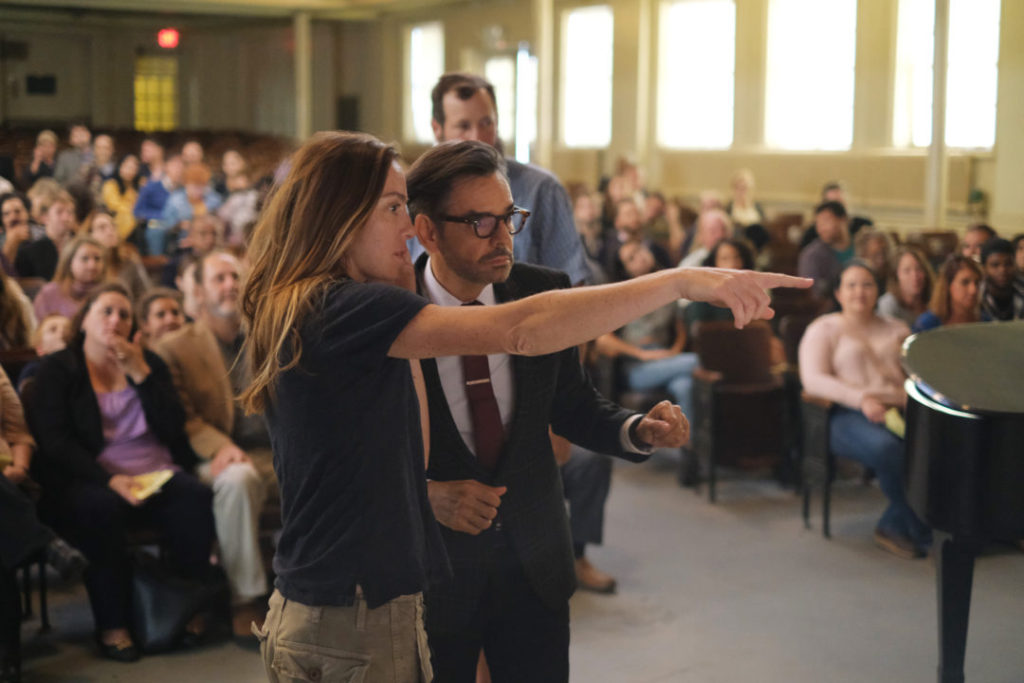
Umapagan Ampikaipakan: First of all, I need to thank you so much for teaching me how to sign the phrase: “Twat Waffle.”
Siân Heder: Oh, you’re most welcome. These are important life skills to have.
UA: La Famille Bélier, the French movie that CODA was based on, received a lot of criticism for not featuring deaf actors or genuinely speaking to deaf culture. It is something that you’ve clearly addressed in this movie, not just through your casting, but also in the respect and research that has gone into the movie. How did the criticism of the original affect your process of adaptation?
SH: I felt like there was so much promise in the story and yet a missed opportunity to explore what those characters could be with actors that had lived the experience. I didn’t want to recreate that sense of an outsider coming in to represent a community and an experience that is not your own. I felt an enormous amount of responsibility to do my research, bring on a team that’s going to support that, and make sure I’m constantly putting myself in check.
As to authenticity, or diversity of casting, I would say beyond doing the right thing, it’s an incredible creative opportunity that people are missing. Because my experience working on the film, learning to sign, signing with my actors, bringing that culture onto the set, was life changing and grew me as a human and an artist. To put on the costume of an identity, when it is a cultural identity of a marginalized community, is harmful, not just because of the representation, but because you’re robbing yourself of that experience.
It was a very powerful experience to work in this way. And and the creative opportunities of capturing these moments on set, where Marlee Matlin and Troy Kotsur are improvising during the concert scene, and she’s asking him what he wants for dinner, and he makes the sign for spaghetti. Those were completely improvised moments. We didn’t have an interpreter on set that day, so I thought Troy was actually saying vibrations when he did that sign. And when I finally sent it to our interpreter, and then she said, “no, he’s saying spaghetti not vibrations.” So there were these brilliant comedic moments that came about. And I never would have had that with hearing actors.
And not to mention there’s just so much talent within the deaf community. I mean, Troy has been a member of Deaf West for 30 years. The guy is absolutely brilliant and he should be in movies all the time. I feel lucky to have been able to work with these actors.
UA: Also… Joni Mitchell’s “Both Sides Now” was a really sneaky move.
SH: I mean, Emilia (Jones) was mad at me when I picked that song. She was like: “You’re going to make me sing Joni Mitchell: That’s not fair.” But it was a perfect song for the film. So thank you, Joni, for letting us have it.
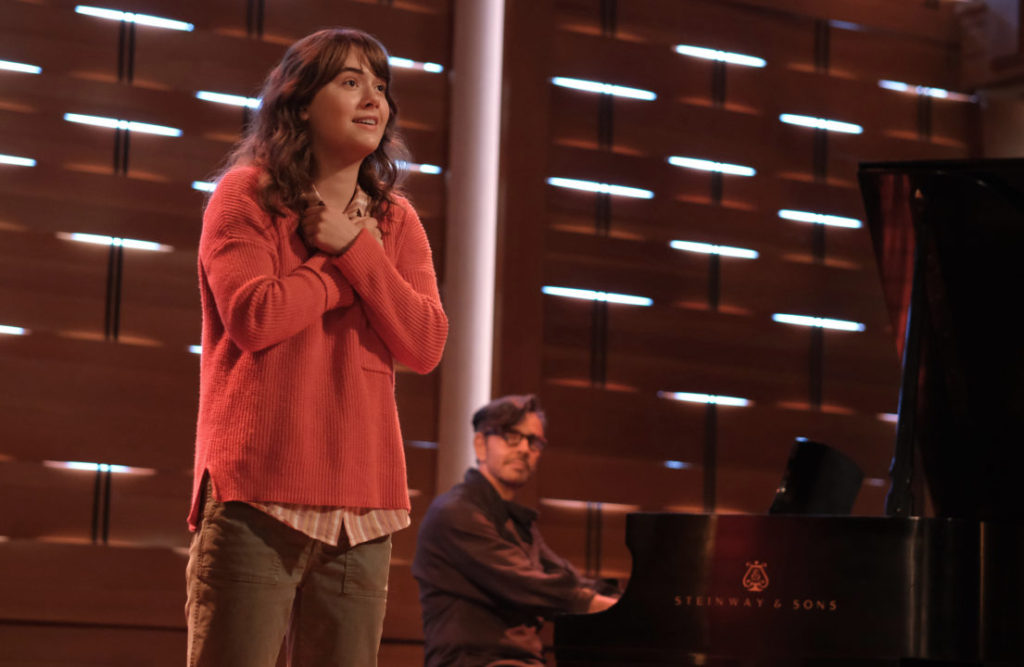
UA: It’s a tough call. Because for a lot of people, when they hear that song, they see Emma Thompson crying alone in her room in Love Actually. Can you talk to me about the decision to use that song in CODA, especially when it has such an iconic cinematic moment already attached to it.
SH: Well, I love that moment you speak of. And what I loved about that moment is that version of the song is the one that Joni Mitchell recorded in 2001 when she was in her 60s. And that song transformed.
“Both Sides Now” was one of the first songs that she wrote and recorded. And she called the initial recording of that song “the end of her childhood,” because it was right as she was coming into her career. She described it as childhood fantasy meeting up with adult reality. And you listen to the original recording and it’s very hopeful, and it’s faster, and it’s sort of classic young Joni Mitchell. And then you listen to the recording in that moment in Love Actually, and it’s a recording where she has lived. There’s so much regret, and sadness, and life lived in that recording. And the fact that a song could change so much, that the same artist could record that song at these two points in her career, and the song could feel completely different. That was why it was very moving to me. It’s about perspective. It’s playing with itself.
The CODA perspective is very unique because it’s about someone who’s caught between the hearing world and the deaf world, and is constantly looking at things through the eyes of her parents. And so this idea of shifting your perspective, and being able to see things in these different ways, it felt like the perfect song.
But yes, of course, when a song has been used in an iconic way in a movie, you will always have that in your head. But I think the version of that song was this late life Joni Mitchell version of it. And I think for Ruby, it’s the young Joni Mitchell. It’s that Joni Mitchell who’s starting out on her path, and feels uncertain, and is full of excitement and optimism.

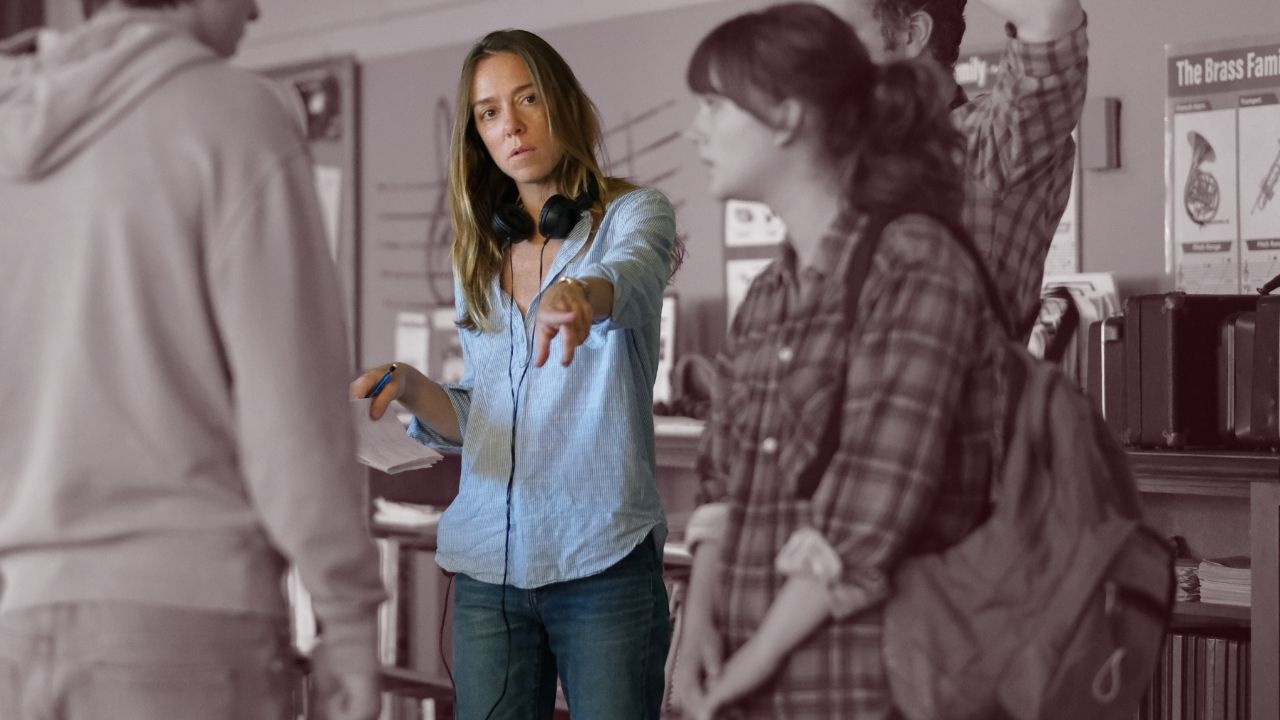

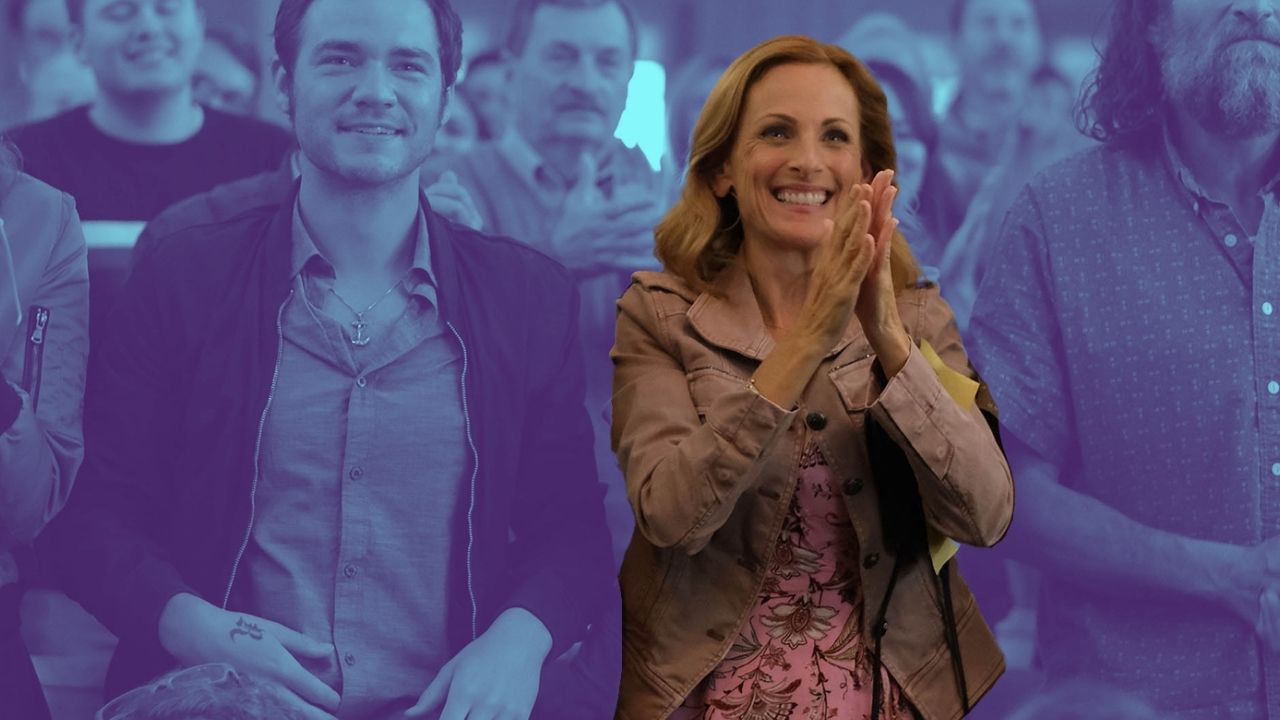
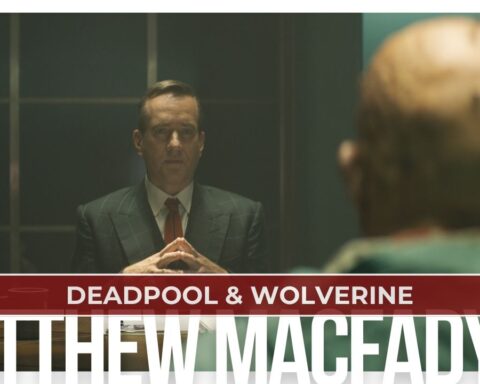
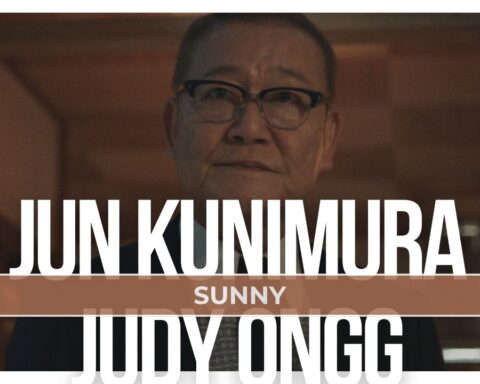
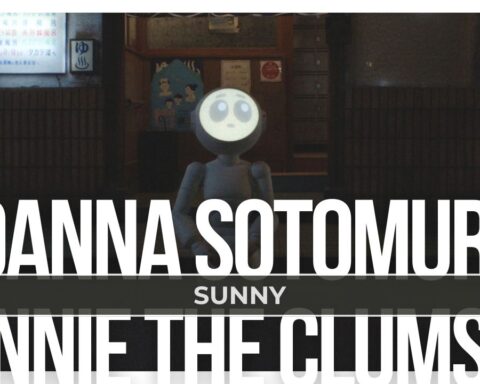
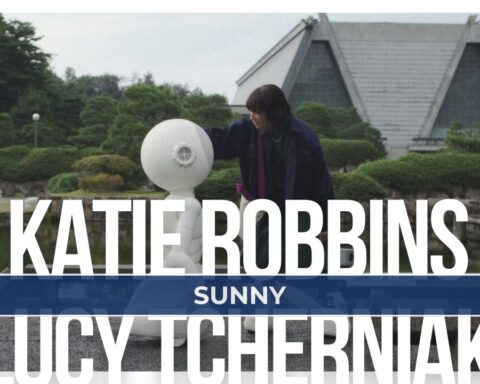
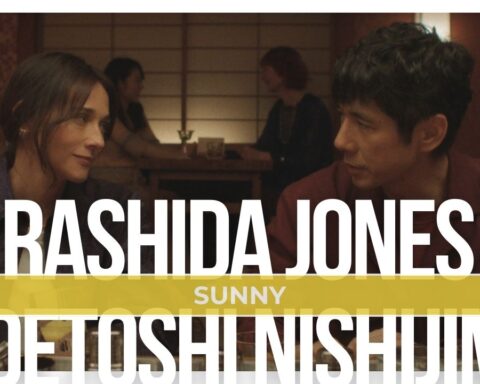
Follow Us